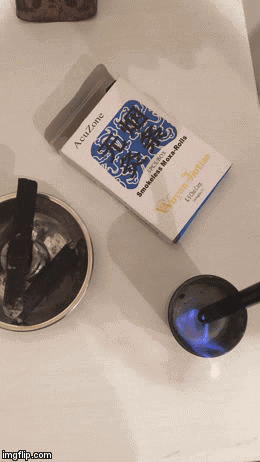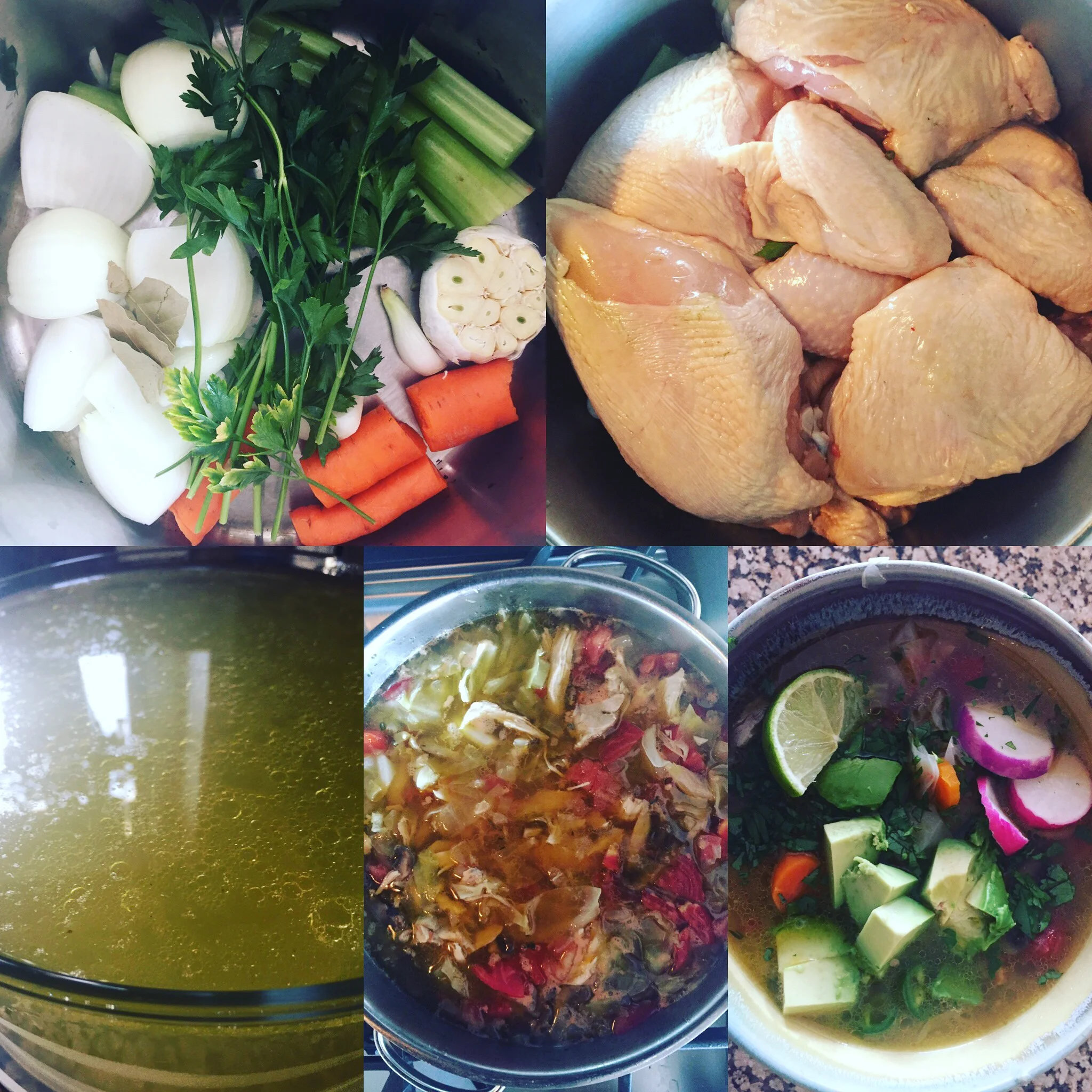This longest night of the year is a celebration of light and rebirth of the sun, as the days will now start to lengthen. In Chinese Medical theory, winter is a YIN time of year. Yin is cold, wet, and marked by stillness, introspection and rest. Winter solstice occurs this week on Friday 12/21; the point where Yin is at its peak and yang is just beginning with it’s tiny light. Ironically in our culture it is the typically time when we are called to be most YANG; outward, frenetic and social.
Restorative Yoga- Cultivate Stillness this Winter
Postpartum Prep: Ten Tips for The Golden Month
Seed Cycling to Balance Your Hormones
Happy Thanksgiving 2018
Protect Your Lungs During CA Fires
Self-Care in Autumn- A Chinese Medicine Philosophy
My Podcast Interview! And Notes on Autumn
Longevity, Jing, and the Reproductive Clock
How to Avoid Insect Bites and Enjoy Nature
The Relationship Between Emotions and Internal Organs
Year of the Earth Dog
Warming the Uterus
Moxibustion- A How-To Guide
Happy Thanksgiving!
The Daily Beverage That Could Make All the Difference
Mexican Chicken Soup Recipe (Paleo)
Restore Vaginal Health
Happy Thanksgiving
Fertile Sex
Let’s Talk About Sex…and Babies.
Up to this point, you've used a lot of energy and worry trying NOT to get pregnant. Now that you’re ready to have a baby you might be realizing that it’s not as easy as you thought. Healthy couples in their fertile prime have a 25% chance each month of putting a bun in their oven. Add a few years of age or any complications, and the percentage can fall dramatically. One easy thing you can do to increase your chances of conception is make sure you’re “doing it right”.
Here are a few tips to keep in mind so you and your partner can try smarter:
1. Understand when you’re ovulating. This is something they don’t always teach us in school. In a typical 28-day menstrual cycle, ovulation most likely occurs on cycle day 14 (two weeks after the start of your period). However, many of us are not menstrual metronomes and have cycles that vary in length or are longer or shorter than 28 days. Luckily, there are many ways to find when your ovulation occurs:
· Download a fertility app on your phone to track your cycle (Kindara or Clue are good ones). Find one that will tell you your “fertile window” (the days you’re most likely to conceive) based on a calculation of your cycle length. This is not the most accurate way to go, but for most, it’s sufficient enough to get you started.
· Use an Ovulation Prediction Kit (OPKs). These are little strips that can be found online or at drugstores to measure a hormone spike in your urine that happens right before ovulation occurs. Use them daily from approximately day 10 of your cycle to day 17. Ovulation will most likely occur 12-36 hours after a positive OPK reading.
· Record your Basal Body Temperature. (BBT). Take your temperature first thing in the morning before you get out of bed and chart it over the course of the menstrual month starting on the first day of your period (there are free paper versions online that you can download, or use your fertility app to track your results). You should see a small spike in temperature just after you ovulated. When done correctly, BBT charting can be a cheap and indispensable diagnostic tool for discovering clues about your fertility hitches.
· Monitor your cervical fluid. Changes in hormones and body temperature throughout the month will change the mucous you produce. After the end of your menses, your cervix will create mucous that might be opaque, white or slightly yellow and creamy and will increase in volume. As you approach ovulation, your cervical mucous will become clear, slippery and abundant (will be similar to uncooked egg-whites). This will last for an average of three days, and these days will be the most fertile days of the month. After ovulation, the fluid dries up rather quickly and the fertile window is most likely over.
2. Make sure there is enough (natural!) lubrication. Ideally your body will create the perfect swimming environment for sperm to travel during ovulation. If you find that sex during ovulation is dry and uncomfortable, that could mean your reproductive system isn’t creating the fluid necessary for those swimmers.
Staying hydrated is one part of this, so make sure you’re drinking enough fluid throughout your day. Most women will need extra help by taking herbal medicine and making some diet changes as well. One short cut you could try is to use Pre-seed lubricant. Normal lubricants contain spermicides or are too acidic for sperm to survive in, however Pre-seed is made specifically for couples trying to conceive and is formulated to replicate the pH and functionality of fertile cervical fluid. Also to note, spit and water are not substitutes for natural lubrications as they can also be sperm killers.
3. Positions people! Whether you like it or not, the missionary position is thought to be the best for increasing your changes of conceiving. It is also very helpful if you do not get up right away to use the bathroom. Take about 15 minutes to rest and relax in bed after intercourse.
4. Keep it fun Try not to let the fact that you’re starting a family take the fun out of your intimacy. If you’re having trouble conceiving, it can put pressure on you and your partner to perform even when you may not be in the mood. In some cases it may be a long road, so talk to your partner and brainstorm ways to keep it exciting. If you suspect this could be part of the issue, pick up this tantalizing this read.
If you need more in-depth information on any of the ways to track your ovulation, ask a DHH practitioner, we’d be happy to help. Using an App to know when to try is the easiest way, but the least accurate. I recommend trying all ways for a few months to get to the most information on your ovulation.
Once you know what day you’re ovulating, it’s best to start trying early. Sperm can live in a woman’s reproductive system for approximately 72 hours, while an egg can only be fertilized for 12-24 hours after ovulation occurs. So try every day starting few days before you will ovulate. If everyday seems like too much, or your partner has low sperm parameters, every other day is also sufficient.
Happy trying!























